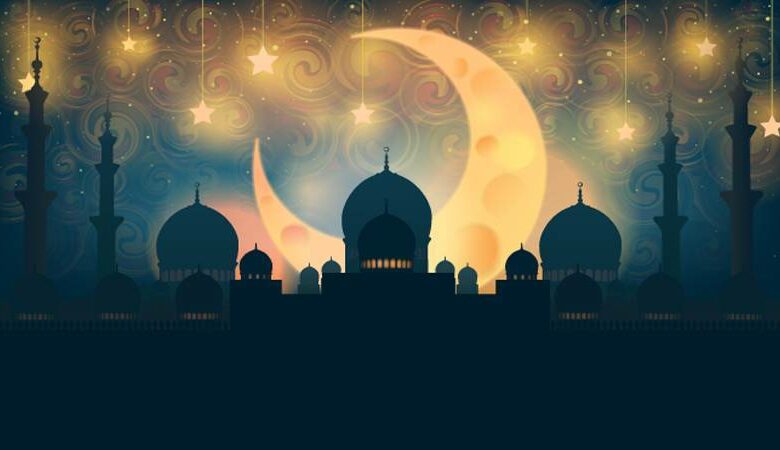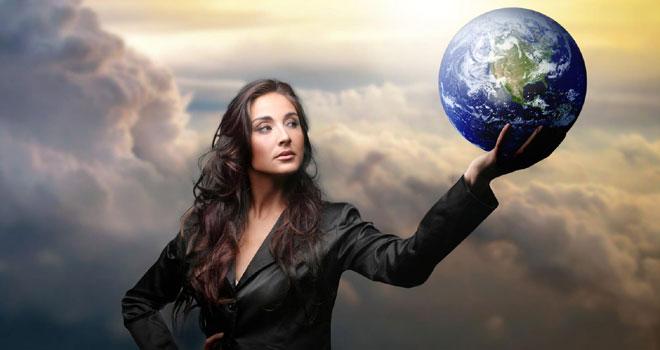الجمع بين الصلاتين لعذر المطر في الحضر
Combining the two prayers as an excuse for rain in urban areas

اعداد :
- أ. عادل حجيرات- طالب دكتوراة- برنامج الفقه وأصوله- جامعة الخليل
- د. ابراهيم خليل أبو غالية- أستاذ في جامعة القدس- فلسطين
المركز الديمقراطي العربي –
-
المجلة الدولية للاجتهاد القضائي : العدد الخامس عشر أيلول – سبتمبر 2024 ،المجلد 4 – مجلة دولية محكمة تصدر عن #المركز_الديمقراطي_العربي المانيا- برلين.
- تعد المجلة بمثابة مرجع علمي للباحثين والمتخصصين لنشر بحوثهم المحكمة في مختلف الشؤون الفقهية والقضائية وسلك القضاء، سواء أكان ذلك في مجال القانون والفقه والقضاء خاصة الاجتهاد القضائي وإجراءات التقاضي، وطرق الإثبات، بالإضافة إلى الفروع القانونية والفقهية المرتبطة بذلك، كعلوم الشريعة والقانون، والسياسة الشرعية والقضائية والأنظمة الدستورية وغير ذلك.
للأطلاع على البحث “pdf” من خلال الرابط المرفق :-
الملخص:
يتناول هذا البحث قضية مهم جدًا، قضية الجمع الظهرين والعشاءين للحضر لعذر المطر، وإن كانت هذه المسألة أسهب الفقهاء القدامى في بيان حكمها، إلا أنه كان هنالك لبس وإشكالية لدى العوام للبت في هذه المسألة لتعارض الروايات والنصوص والأثر، واختلاف الصّحابة والمذاهب الأربعة ، تكمن أهمية البحث في أنه يمس ركن من اركان الدين، وهو الجمع للصّلاة، فكما أن أداء الصلاة بأركانها وواجباتها هو فرض؛ فكذلك أداؤها في وقتها المحدد هو فرض، لا تصح خارجه وحتى لا يقع العوام في إثم الاستهتار بالشروط والضوابط التي أجازها الشرع لمسألة الجمع للحضر لعذر المطر، سيما وقد تساهل الناس في الجمع لعذر المطر لأدنى علة، فلا غرو أن كان من خصائص شريعة الإسلام التيسير على الناس ورفع الحرج عنهم، فكانت هناك الرخص، ومنها المطر. وقد توصل الباحثان إلى جواز الجمع لعذر المطر في الظهرين والعشاءين للحضر، مرجحين بذلك المذهب الشافعي والذين أولوا علّة الجمع في حديث ابن عباس بالمطر، وهذا الكلام يعتبر مأخذا على المالكية والحنابلة الذين أجازوا الجمع للعشاءين ولم يجيزوه للظهرين علمًا أن كليهما دفعًا للحرج ولعلة المطر، وقد خالفوا بذلك الحنفية الذين لا يجيزون الجمع بتاتا للمقيم ولا يجوز إلا للمحرم الحاج في وقفة عرفة وفي مزدلفة.
Abstract
This research deals with a very important issue, the issue of combining the two noon and two evening prayers for Hajra due to the excuse of rain. Although this issue was discussed in detail by ancient jurists, there was confusion and a problem among the common people in deciding on this issue due to the conflict of narrations, texts and hadiths, and the disagreement of the Companions and the four schools of thought. The importance of the research lies in that it touches on one of the pillars of religion, which is gathering for prayer. Just as performing prayer with its pillars and duties is obligatory; Likewise, performing it at its specified time is obligatory, and it is not valid outside of it, so that the common people do not fall into the sin of disregarding the conditions and controls that the Sharia has permitted regarding the issue of gathering for people in the city due to the excuse of rain, especially since people have been lenient in gathering for the excuse of rain for the slightest reason, so it is no surprise that one of the characteristics of Islamic law is that it is easy to do. People were relieved of hardship, so there were concessions, including rain. The researchers have concluded that it is permissible to combine the prayers for the excuse of rain for the two afternoons and the two evening prayers in the urban setting, giving preference to the Shafi’i school of thought and those who attributed the reason for the combining in the hadith of Ibn Abbas to the rain. This statement is considered an objection to the Malikis and Hanbalis who permitted combining it for the two evening prayers and did not permit it for the two afternoon prayers, knowing that both of them are to ward off embarrassment and the cause of the rain. In doing so, they differed from the Hanafi school of thought, who do not permit the combination at all for a resident, and it is only permissible for a pilgrim in ihram to perform the Hajj at Arafat and in Muzdalifah.




